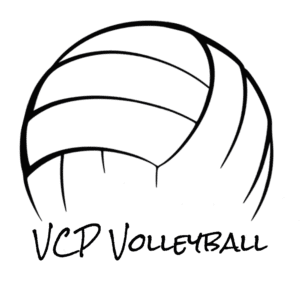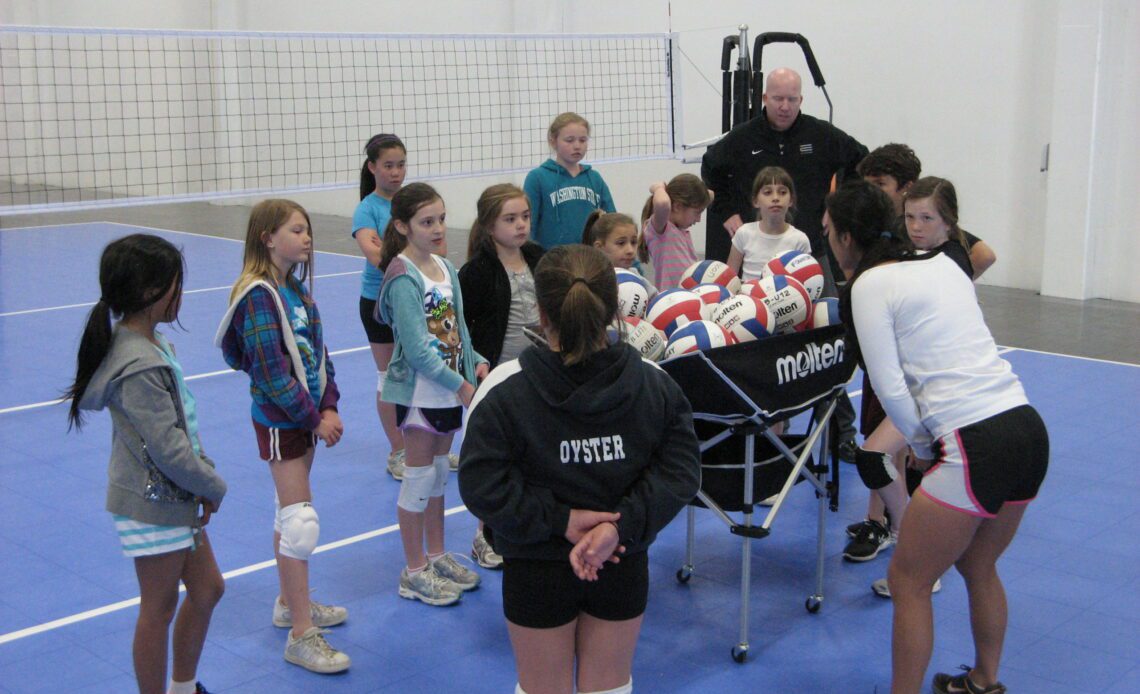Every Club Director will agree that coach acquisition, training and retention is a challenge year after year. However, it is one of the most important investments you can make aside from a facility and equipment. A coach is your club’s direct line of communication and influence with your consumers. A seven year old entering your club is a potential 10 year customer, so starting with the first beginner program you offer, it’s imperative to have the coaching staff that will represent your club as best as possible, from the quality of training, to the culture, to the verbal and nonverbal communication.
Here are 6 Ways to Train and Develop Your New Coaches this Season:
Here is the basic program for all new and returning coaches. In years where we don’t have a ton of new information or updates, we may provide an expedited track for our returning coaches.
Establish a Coach Orientation Program
Some coaches are coming from another club, and some have never coached before. Either way, it’s important to have a consistent process for introducing your new coaching staff to the club leadership, explaining your club’s mission and reviewing how your club operates. A Coach Orientation is ideally an in-person meeting since it not only reviews the club’s policies, and introduces the key people involved in the club, it also can take care of important paperwork and tasks such as payroll, background screening, certifications, contract signing, apparel distribution, etc.
Utilize a Coaches Resource Page on Your Website
Limit the emails and texts from coaches with common questions and consider creating a password protected place on your club’s website to direct them to find the answer. The Coaches Page can include the club policies, training plans, important dates, coach directory, facility schedule, tournament schedule, travel guidelines, and important reminders.
Introduce New Coaches Through Fall Programs
A great way to acclimate a new coach to your club culture and environment is to get them in the gym prior to the club season. Schedule new coaches to coach Fall clinics, leagues and academies. Many athletes that participate in the Fall Programs will be attending tryouts, so it’s a great way to introduce the new coaches to them. At the same time, it’s helpful to observe the new coaches, and provide feedback with ways that they can improve in order to meet the club’s expectations. Utilize the Fall Programs as a training opportunity for newer…
Click Here to Read the Full Original Article at Junior Volleyball Association…

